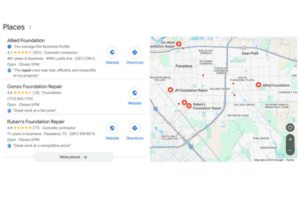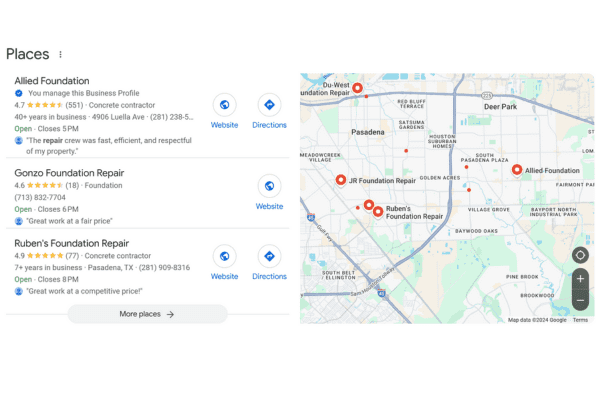In today’s world of 0s and 1s, mobile devices have become an integral part of our daily lives. Businesses that fail to recognize the importance of mobile apps risk losing out to competitors who have embraced this technology. Mobile Apps as a Service (MaaS) offers a scalable and cost-effective solution for businesses to develop and deploy custom mobile applications.
What is MaaS?
MaaS, or Mobile Apps as a Service, is a cloud-based model where businesses can outsource the development, deployment, and management of their mobile applications to a third-party provider. This model eliminates the need for businesses to invest heavily in internal IT infrastructure or hire a dedicated team of mobile app developers.
Benefits of MaaS for Businesses of All Sizes
- Reduced Costs: MaaS providers often offer flexible pricing models, allowing businesses to scale their mobile app development costs based on their specific needs. This can be particularly beneficial for startups and small businesses with limited budgets.
- Faster Time to Market: MaaS providers can accelerate the development process, allowing businesses to launch their mobile apps quickly and efficiently. This can help businesses gain a competitive edge and capitalize on market opportunities.
- Scalability: MaaS platforms are designed to scale with your business. As your user base grows, the provider can easily accommodate increased demand for your app.
- Expertise and Support: MaaS providers have teams of experienced mobile app developers and designers who can offer valuable expertise and guidance throughout the development process. They can also provide ongoing support and maintenance services.
- Focus on Core Business: By outsourcing mobile app development, businesses can focus on their core competencies and avoid the distractions of managing a complex IT project.
- Enhanced Customer Experience: Mobile apps provide a convenient and accessible way for customers to engage with your business. A well-designed app can improve customer satisfaction and loyalty.
Key Considerations for Choosing a MaaS Provider
When selecting a MaaS provider, consider the following factors:
- Expertise and Experience: Look for a provider with a proven track record in developing mobile apps for businesses in your industry.
- Technology Stack: Ensure the provider’s technology stack aligns with your business requirements and preferences.
- Security and Compliance: Data security is a top priority for any business. Choose a provider that adheres to strict security standards and complies with relevant regulations.
- Customization and Flexibility: The provider should be able to customize the app to meet your specific needs and requirements.
- Scalability: Ensure the provider’s platform can handle the growth of your business and accommodate future expansion.
- Pricing and Contracts: Review the pricing models and contract terms carefully to understand the costs involved and the level of service you can expect.
Case Studies: Successful MaaS Implementations
- Retail: A leading retail chain used MaaS to develop a mobile app that allows customers to browse products, place orders, and track deliveries. The app has significantly boosted online sales and customer satisfaction.
- Healthcare: A healthcare provider implemented a MaaS solution to create a mobile app for patients to schedule appointments, access medical records, and communicate with healthcare providers. The app has improved patient engagement and convenience.
- Financial Services: A financial institution used MaaS to develop a mobile banking app that allows customers to check balances, transfer funds, and pay bills. The app has streamlined banking processes and enhanced customer experience.
Is a Mobile App Right For Your Business
MaaS offers a compelling solution for businesses looking to leverage the power of mobile apps without the significant upfront investment and ongoing management. By partnering with a reputable MaaS provider, businesses can quickly and cost-effectively develop high-quality mobile applications that enhance customer engagement, drive revenue, and improve overall efficiency at a price you can afford.















